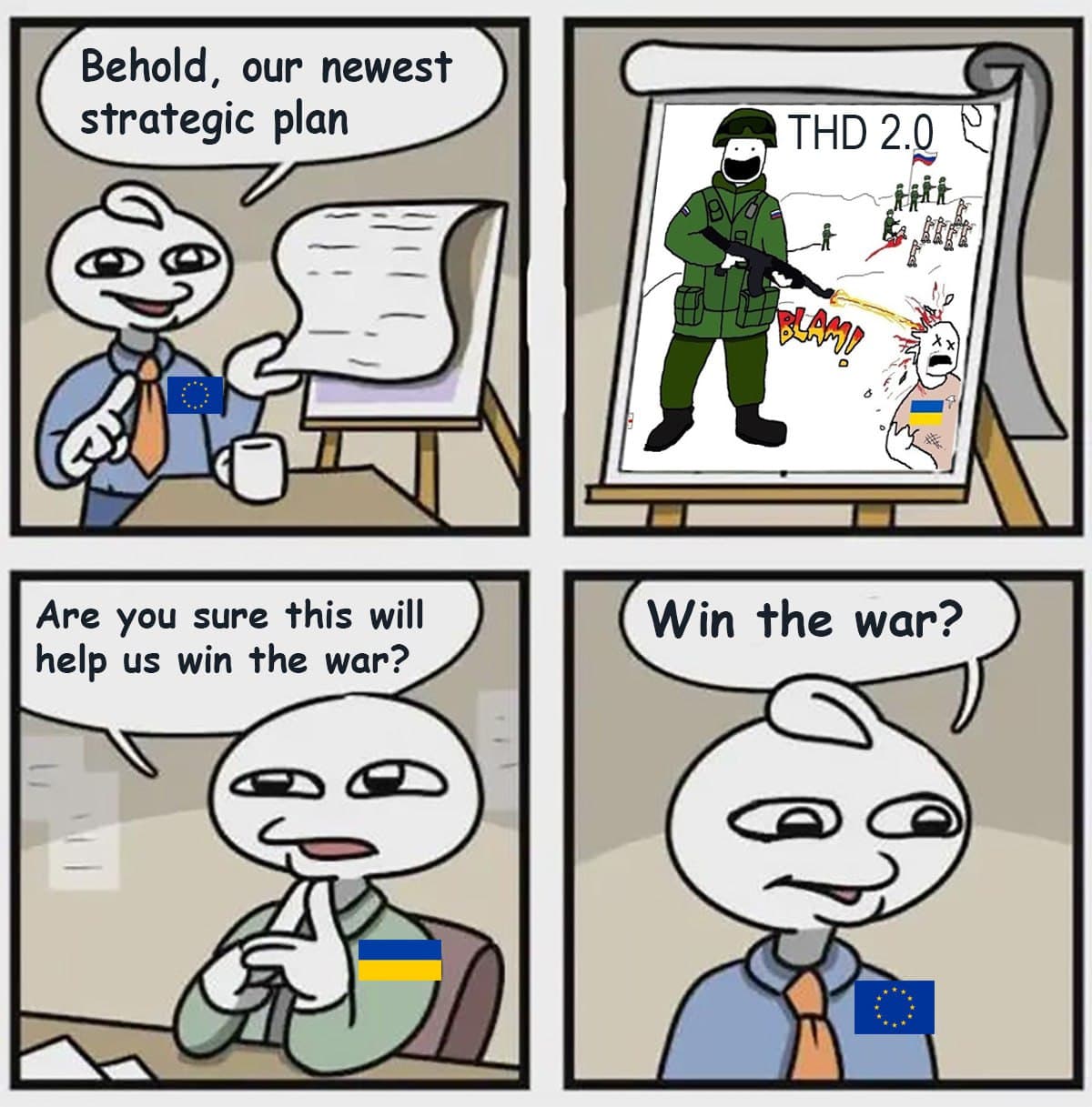Urgent: Ukraine Faces Recruitment Crisis as Europe Lacks Clear War Strategy
As the conflict in Ukraine drags on into a new year, the situation on the ground grows increasingly dire. Ukrainian President Volodymyr Zelensky has made a move to lower the draft age from 27 to 25 in hopes of bolstering military ranks. Yet, this measure has proven insufficient in addressing a significant recruitment crisis, raising questions about the broader European strategy to support Ukraine in its fight against Russian aggression. The pressing need for clarity in Europe’s military and diplomatic direction has never been more urgent.
Background & Context
The war in Ukraine has persisted since early 2022, following Russia"s invasion, which has resulted in catastrophic human and economic costs. Ukraine"s military has faced considerable challenges, including dwindling personnel and equipment shortages, as the conflict has not only become unpopular but has also led many citizens to seek ways to evade conscription. The recent decision to lower the draft age is a desperate attempt to fill the ranks, yet it highlights a much deeper issue: the lack of a comprehensive European plan to ensure Ukraine"s military success.
Historically, the European Union has positioned itself as a supporter of Ukraine, providing financial aid and military equipment. However, as the war continues, the tactical effectiveness of this support is being questioned. A mere one-quarter of the last ten Ukrainian brigades reportedly received adequate equipment, raising concerns about the fighting capability of new recruits who may soon find themselves on the frontlines with little more than basic weapons.
Key Developments
The ongoing recruitment crisis in Ukraine is compounded by public sentiment against military conscription, making it difficult for the government to maintain a robust fighting force. Many young men are reluctant to enlist, leading to concerns that lowering the draft age further could exacerbate existing issues rather than resolve them. Critics argue that without a clear operational strategy from European allies, Ukraine"s military efforts may falter.
Recent developments have shown that despite ongoing discussions among EU leaders about conditions for peace talks, the focus remains on military solutions rather than diplomatic resolutions. The EU"s insistence on five conditions for negotiations, which include rejecting any territorial gains by Russia, signifies a hardline stance but also underscores the absence of a coherent plan for Ukraine"s long-term security and stability. As previously reported, these discussions are crucial for shaping the future of the region, yet they lack actionable steps that could bolster Ukraine"s military capabilities.
Broader Impact
The implications of Europe"s unclear strategy extend beyond military tactics; they affect the geopolitical landscape of Eastern Europe and the balance of power between NATO and Russia. Experts suggest that without a decisive and unified approach, Europe risks facing a prolonged conflict that could destabilize the region further. The lack of equipment and support for Ukrainian forces could lead to a strategic disadvantage against a well-equipped Russian military, which has fortified its defensive positions, as evidenced by recent reports of enhanced military capabilities around key Russian installations.
Moreover, the ongoing war has profound implications for European unity. As various countries within the EU grapple with their own political and economic challenges, the commitment to Ukraine"s defense may wane. The hesitance to escalate military involvement or provide comprehensive support could lead to fractures among EU member states, undermining the collective effort against Russian aggression.
What"s Next
Looking ahead, the situation in Ukraine remains fluid, with the potential for further escalations in military action. The recruitment crisis necessitates immediate attention, as the Ukrainian government may need to consider alternative strategies, such as increased incentives for enlistment or enhanced training programs for new recruits. Meanwhile, European leaders must urgently reevaluate their approach to support Ukraine, potentially exploring more robust military aid packages or strategic partnerships to ensure that Ukrainian forces are adequately equipped to continue the fight.
As the war continues, the international community will be watching closely to see if Europe can formulate a clear, actionable plan that not only addresses the immediate needs of Ukraine but also sets the stage for a sustainable peace in the region. The stakes are high, and the time for decisive action is now.


![[Video] Heavy clashes and gunfire reported in Baghdad, Iraq](/_next/image?url=%2Fapi%2Fimage%2Fthumbnails%2Fthumbnail-1768342239932-848qsh-thumbnail.jpg&w=3840&q=75)




![[Video] Gunfire between Iraqi security forces and Sadr militias in Baghdad](/_next/image?url=%2Fapi%2Fimage%2Fthumbnails%2Fthumbnail-1768343508874-4redb-thumbnail.jpg&w=3840&q=75)
